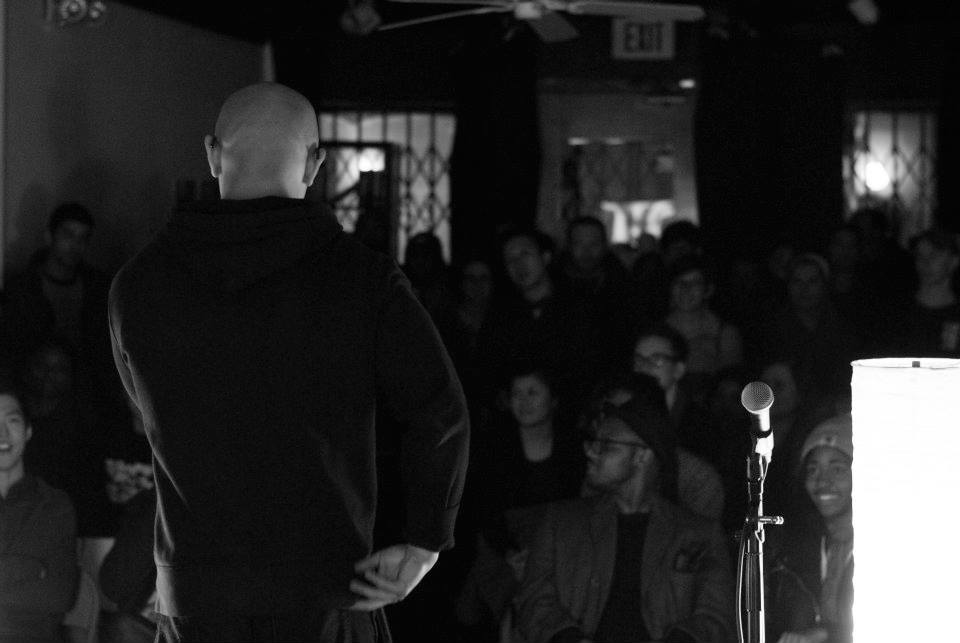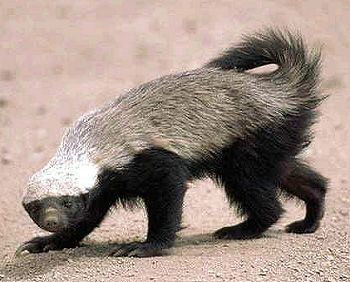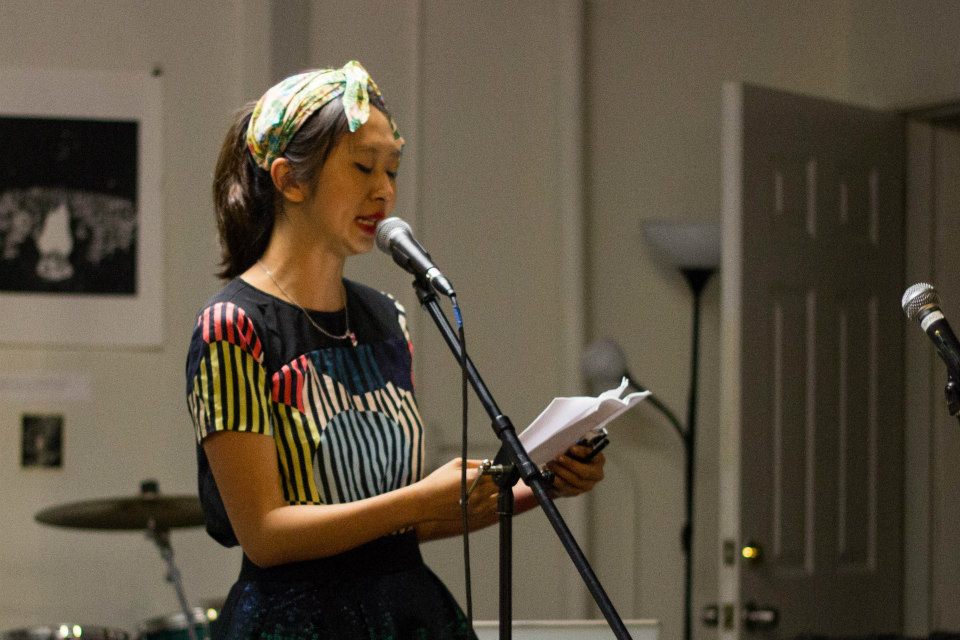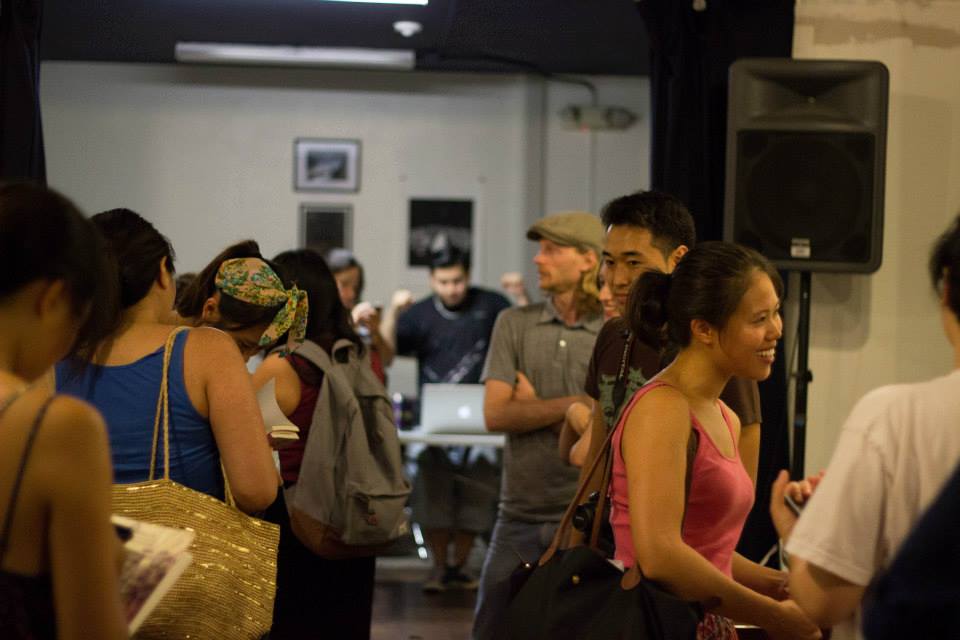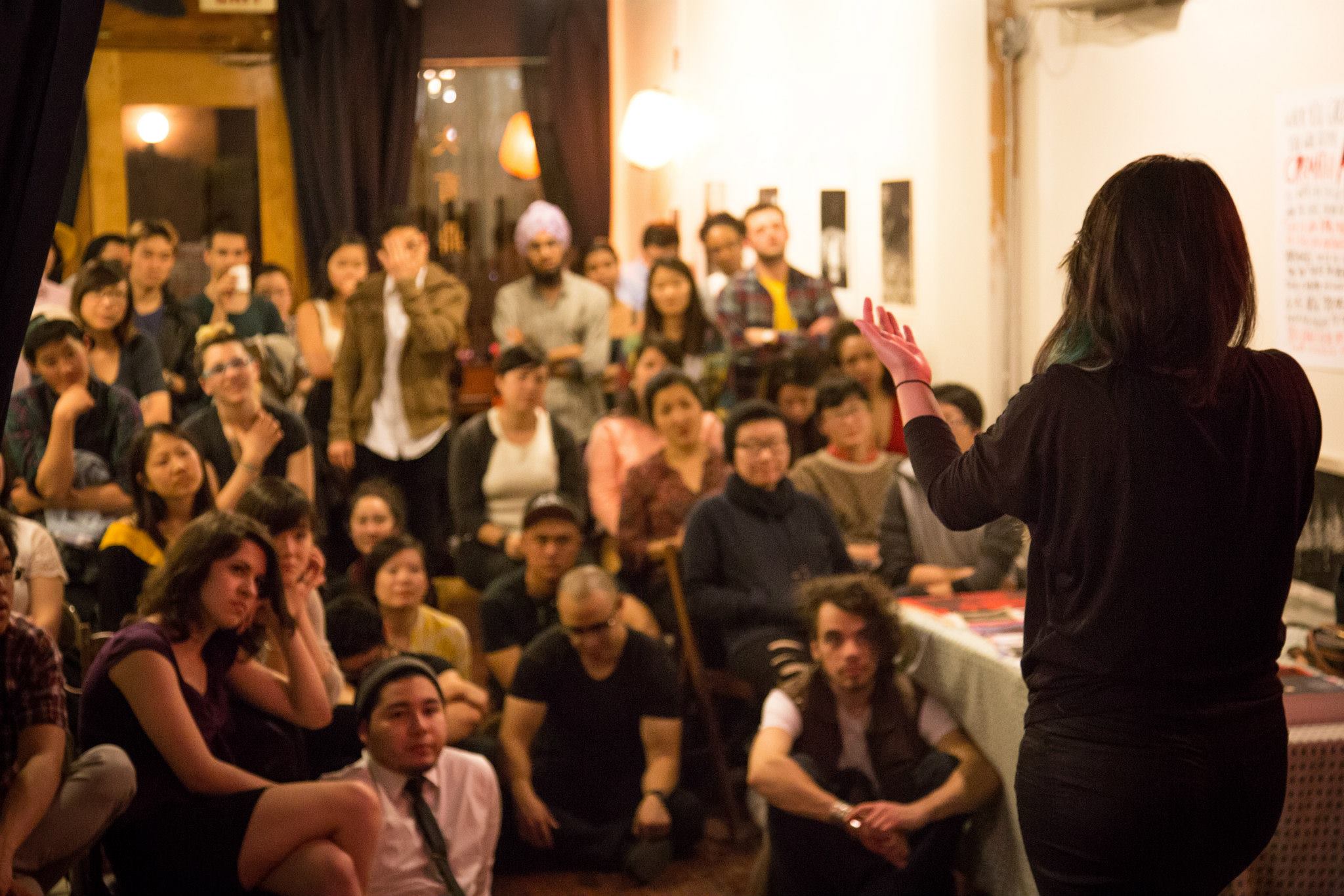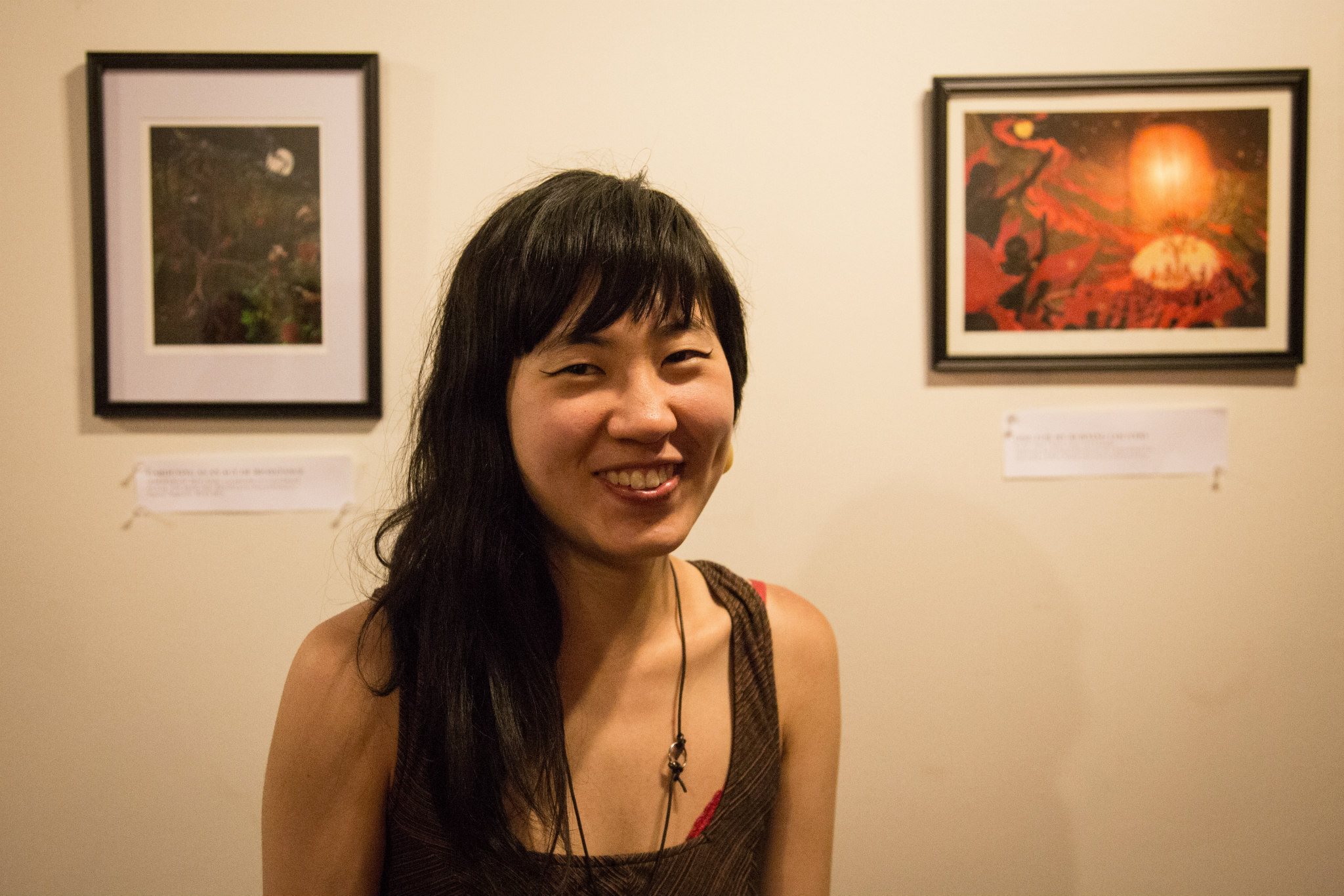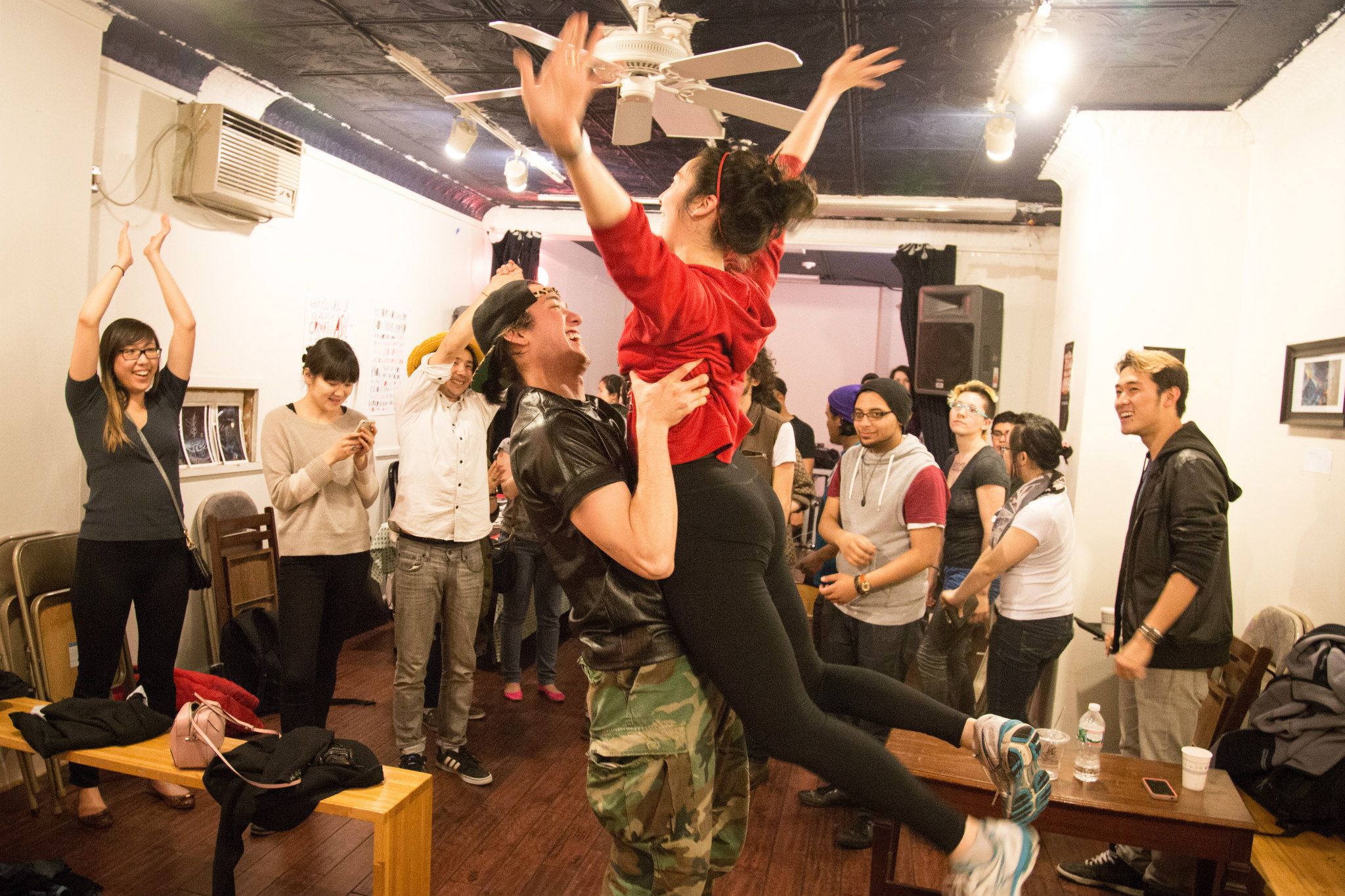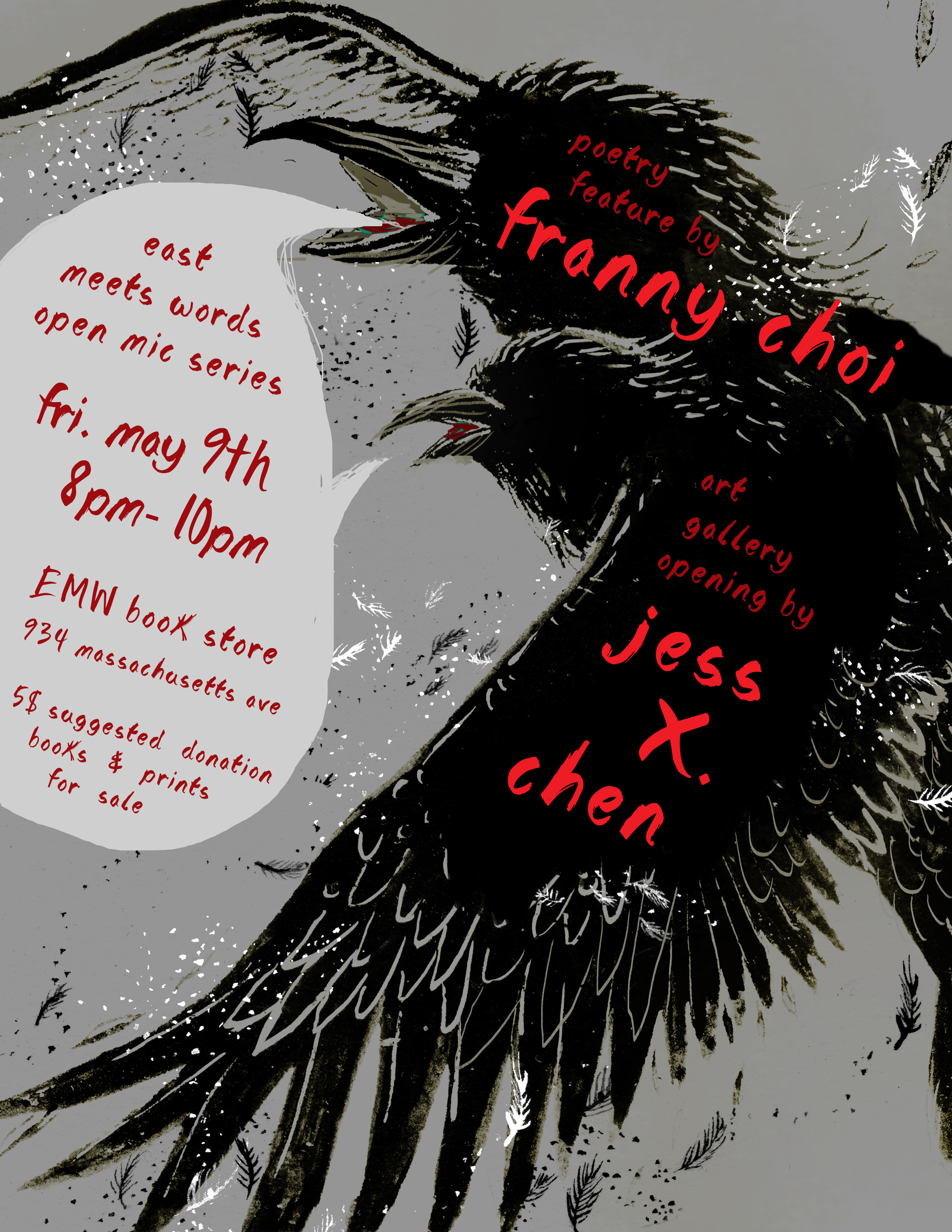Kai Huang comes back home, our tenant in the bookstore's attic - we welcome him at the first open mic of the year. Kai is the big man who plans the EMW program East Meets Words. The team has been taking the lead during his travels and we've eagerly booked Kai as this month's feature! It only sounds fair to give former member of the Providence slam team and Brown University slam team a humble feature on home turf.
However, Massachusetts seem a little less inviting compared to the sunny-side-up California. The week leading to the open mic felt like the temperature was way below zero. Daunting for even New Englanders to troop it outside for any post school/work activities. On the flip side, we can always count on our fam for a full house and a full open mic list. The room elevated with hands, half of the audience were new faces, the other half were regulars like Jelyn Masa. She has been attending the open mic since the Summer of last year. She is a student at Bryn Mawr College in Pennsylvania. Jelyn was introduced to EMW and the open mic through the ROOT Collective, a group of self-identified Asian American women, trans, and gender queer individuals seeking community in shared histories of personal experiences.
"In this space, I experience vulnerability and growth. I hear truth so raw I lose my breath for a second and then five minutes later, I'm laughing like crazy. Thanks for filling a void I didn't even know I had," she shared.
Sharing the stage that evening was Sabrina Ghaus, a long time friend of EMW. Performing at the open mic, she reads a brave piece about language and her internal battle between cultures. Sabrina tells us that the only reason she feels comfortable is that this space feels safe. "I feel that family is here. EMW is one of the reasons I moved back [to Boston]". Sabrina did absolutely amazing and the cool thing is, her first time ever performing poetry was here at East Meets Words!
Sitting right in front of the stage was Ayo E., a writer, comedian and student at NYU. This was her first time in the space. She planted herself in the first row with several friends. All of them were close enough to be in "spit range" some might call it. After the event we got her thoughts, "...coming from New York, the vibe between the two cities could be competitive," but Ayo left with a very different impression. She felt extremely welcomed at the bookstore.
It was also Amanda and Ricky's first time co-hosting together. As they introduced Kai Huang, they asked one another how would they describe him in two words. Amanda answered thoughtfully, "endearingly abrasive." Ricky added, "very attractive," - both of which are true and both are two of the many qualities that make this man an incredible artist and human being. Kai premieres his set responsibly rocking his accent piece, a red knitted scarf, which he tells us that it is first colored garment he has worn in four years.
"2015 is the year of humility!" Kai repeatedly announces during his feature. "The sheep shall inherit the earth."
Regardless of your astrologically and zodiacal beliefs, we can't deny how amazing last Friday was. Kai opened up with "Private Institution," a hard-hitting, truthful piece about higher education. He performs a few throwbacks like "Mao" and "Miseducation Revisited," then sneaks in a few new gems, two persona pieces to be exact. One in the voice of Samson speaking to Delilah, the second was in the voice of his revolutionary glasses.
Thanks to all the new faces, regulars, organizers, performers, Kai Huang, ITSYERBOI - we out here! Take a look at all the photos from East Meets Words featuring Kai Huang here.

